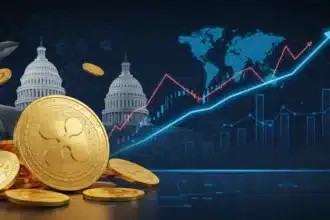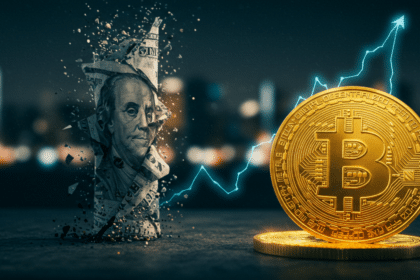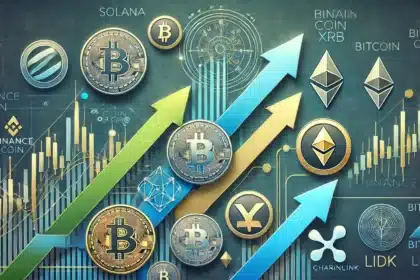The growing chatter around US Bitcoin hoarding has reached new heights. A proposed legislation suggests the United States government start a strategic reserve of Bitcoin, beginning with the Bitcoin it has already seized. This proposal has generated widespread interest and provoked several important questions. Is it legal for the government to hold onto seized Bitcoin? How could holding Bitcoin help reduce the national debt? And why does the U.S. government need a Bitcoin reserve in the first place?
At the recent Bitcoin Conference, the political stakes of Bitcoin took the spotlight, moving away from previous years’ emphasis on open-source technology. President Donald Trump’s presence was a major highlight, leaving attendees and viewers with much to ponder.
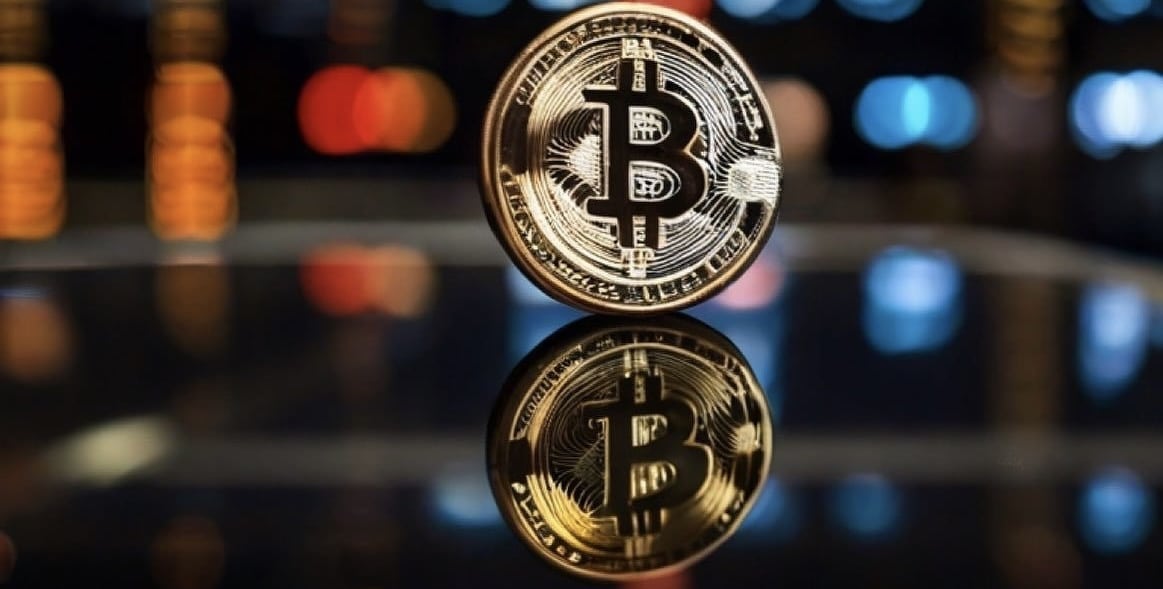
Senator Cynthia Lummis (R-Wyo.) announced her work on a bill aimed at building the U.S. Bitcoin reserve. This proposed legislation plans to use the current holdings of over 200,000 Bitcoins and grow this reserve to one million Bitcoins. According to Lummis, the government would need to hold these Bitcoins for 20 years, using them exclusively to pay down the national debt. This focus on US Bitcoin hoarding is set to transform the financial scene.
Trump Backs US Bitcoin Hoarding
President Trump voiced his support for the initiative during his speech at the conference. He declared, “And so, as the final part of my plan today, I am announcing that if I am elected, it will be the policy of my administration … to keep 100% of all the Bitcoin the U.S. government currently holds or acquires into the future … This will serve, in effect, as the core of the strategic national Bitcoin stockpile.”

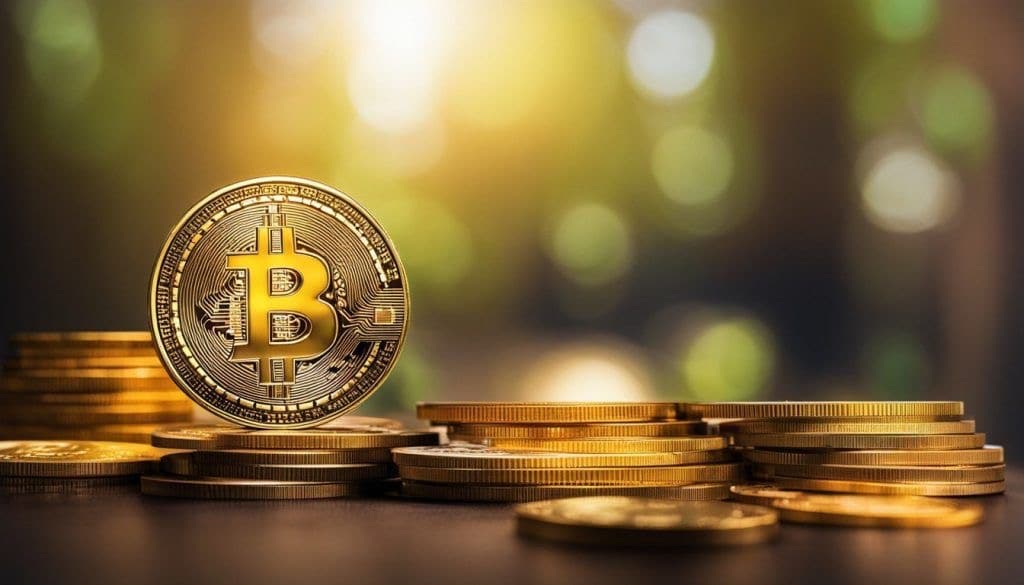
Trump highlighted the origins of the government’s Bitcoin, noting that most were acquired through law enforcement actions. He stressed his commitment to turning this wealth into a lasting national asset to benefit all Americans, framing the initiative as a stand against what he termed a “fascist regime.” His remarks combined campaign rhetoric with a strategic vision for the future of U.S. Bitcoin holdings, underscoring the rising significance of US Bitcoin hoarding.
National Implications of Bitcoin Reserves
The implications of the U.S. government hoarding Bitcoin are substantial. Supporters argue that it could act as a hedge against economic instability and boost national security by ensuring significant cryptocurrency reserves. Detractors, however, question the legality and ethics of seizing and stockpiling Bitcoin and its potential market impact. The debate surrounding US Bitcoin hoarding is intensifying.
Strategic Moves to Tackle National Debt
The idea of using Bitcoin to address the national debt is particularly captivating. Advocates believe that Bitcoin’s potential for long-term value growth could provide a substantial financial buffer for the country. By holding and increasing its Bitcoin reserves, the U.S. could leverage the cryptocurrency’s appreciation to manage and reduce its debt over time. This approach to US Bitcoin hoarding might revolutionize national debt management.
Senator Lummis’s proposal reflects a broader trend of integrating cryptocurrencies into national economic strategies. As Bitcoin and other digital assets gain mainstream acceptance, governments worldwide are exploring how to incorporate them into their financial frameworks. The U.S. government’s potential move to hoard Bitcoin could set a new standard, influencing other nations’ digital currency reserve strategies. This development in US Bitcoin hoarding is poised to have global effects.
In conclusion, the proposed legislation for US Bitcoin hoarding signifies a major shift in the U.S. government’s stance on cryptocurrency. With endorsements from prominent figures like President Trump and Senator Lummis, the initiative is set to reshape the nation’s financial strategy. While the move has sparked debate and raised questions, its potential impact on the national debt and economic stability is undeniable. The conversation around US Bitcoin hoarding is just beginning.
The BIT Journal will continue to offer detailed coverage and expert insights on the implications of US Bitcoin hoarding, ensuring you remain well-informed about this pivotal financial development. Stay tuned for more updates and perspectives on US Bitcoin hoarding.
